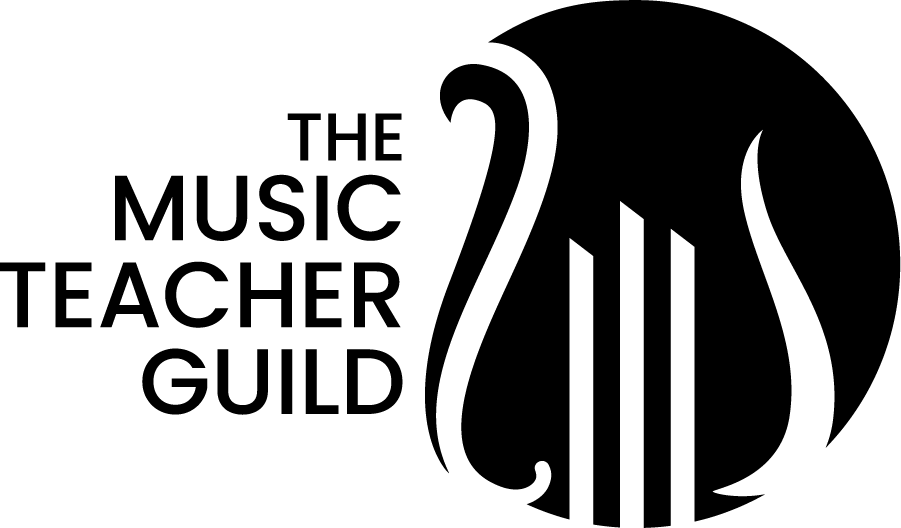Best Practices for Music Teacher Community Engagement
Building a strong community as a music teacher is more than just connecting with students during class; it's about fostering relationships that extend beyond the classroom walls. Community engagement can transform your teaching practice, boosting student retention, increasing program visibility, and fostering a sense of belonging for everyone involved. In this article, we’ll explore the best practices for enhancing music teacher community engagement, helping you create meaningful connections and a thriving musical environment.
Understanding the Role of Community Engagement
Community engagement is a powerful tool for music teachers. When you actively participate in your local community, you build a network of supporters who value music education. Engaged communities are more likely to support your programs, enroll students, and spread the word about the benefits of learning music. This ripple effect can lead to increased student retention and program growth, setting the foundation for a vibrant music education ecosystem.
Strategies for Effective Community Engagement
1. Host Public Performances and Recitals
One of the most effective ways to engage the community is through public performances. Recitals, concerts, and showcases provide students with an opportunity to demonstrate their skills while also inviting the community to participate in the celebration of music. Here’s how to make your events impactful:
Involve Students and Families: Encourage students to invite their friends and family to performances. This not only increases attendance but also gives students a sense of pride in their achievements.
Create Memorable Community Events: Incorporate themes, interactive segments, or collaborations with local artists to make your events stand out. Consider hosting a “Music in the Park” day or collaborating with a local choir for a joint performance.
2. Collaborate with Local Schools and Organizations
Partnerships are a key component of community engagement. Collaborate with local schools, nonprofits, and businesses to create joint music programs or events. These partnerships can provide new resources and a wider audience for your music initiatives.
Partner with Schools: Offer to conduct workshops, masterclasses, or after-school programs at local schools. This not only enhances your visibility but also introduces more students to the joys of music.
Team Up with Nonprofits and Businesses: Collaborate with community centers, local theaters, or charitable organizations. For instance, hosting a fundraising concert can provide exposure while also supporting a good cause.
3. Utilize Social Media and Online Platforms
In today’s digital age, online engagement is as crucial as in-person interaction. Social media platforms like Facebook, Instagram, and TikTok are excellent tools for promoting events, sharing student successes, and connecting with a broader audience.
Engage Digitally: Create engaging posts that highlight your students’ progress, share educational content, and promote upcoming events. Interactive content such as polls, Q&A sessions, or live performances can help you connect with your followers in real-time.
Promote Events and Achievements: Use social media to announce upcoming recitals, workshops, or new classes. Sharing videos of student performances (with permission) can also showcase the talent within your program and attract new students.
Building Strong Relationships with Parents and Guardians
The support of parents and guardians is essential for a thriving music program. Open and transparent communication helps to build trust and creates a partnership that enhances the learning experience.
Effective Communication: Use newsletters, emails, and parent-teacher meetings to keep parents informed about their child's progress, upcoming events, and ways they can support their child's musical journey.
Involve Parents in the Learning Process: Encourage parents to participate in events or volunteer at recitals. This involvement can deepen their connection to the program and show students that their musical endeavors are valued.
Creating an Inclusive and Welcoming Environment
An inclusive approach to community engagement ensures that everyone feels welcomed and valued. Inclusivity not only enhances the learning environment but also broadens the reach of your music program.
Celebrate Diversity: Incorporate diverse musical styles and traditions into your teaching and performances. This not only enriches the students’ experience but also appeals to a wider community audience.
Ensure Accessibility: Make sure your events and programs are accessible to everyone. Consider factors like venue accessibility, diverse scheduling options, and providing materials in multiple languages if necessary.
Measuring the Impact of Community Engagement
To understand the effectiveness of your community engagement strategies, it’s important to gather feedback and assess the impact of your initiatives.
Track Participation and Feedback: Use surveys, event attendance, and social media engagement metrics to gauge the success of your activities. This feedback can help you refine your approach and make data-driven decisions.
Adjust Strategies Based on Community Response: Be open to adapting your strategies based on the feedback you receive. What worked last year might need a tweak this year to keep things fresh and engaging.
Conclusion and Call to Action
Engaging with your community is a rewarding endeavor that can bring long-lasting benefits to your music program. By hosting events, collaborating with local organizations, utilizing digital platforms, and building strong relationships with parents, you can create a supportive and vibrant music education community. Start implementing these best practices today and watch as your community thrives and your students shine.
Ready to take your community engagement to the next level? Begin by planning your next event or reaching out to a local school for collaboration. Your efforts will not only strengthen your music program but also create lasting connections that enrich the entire community.

